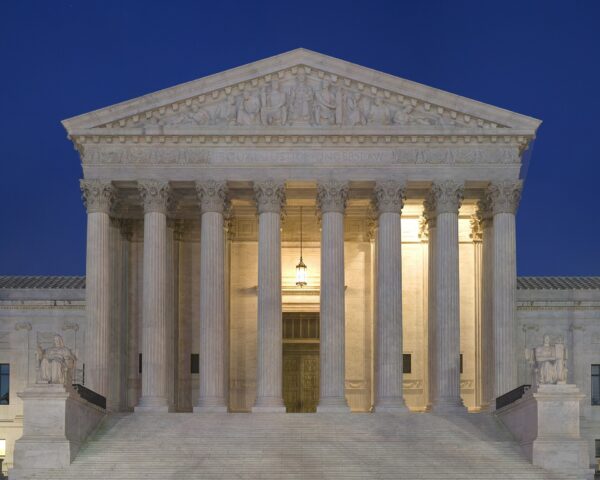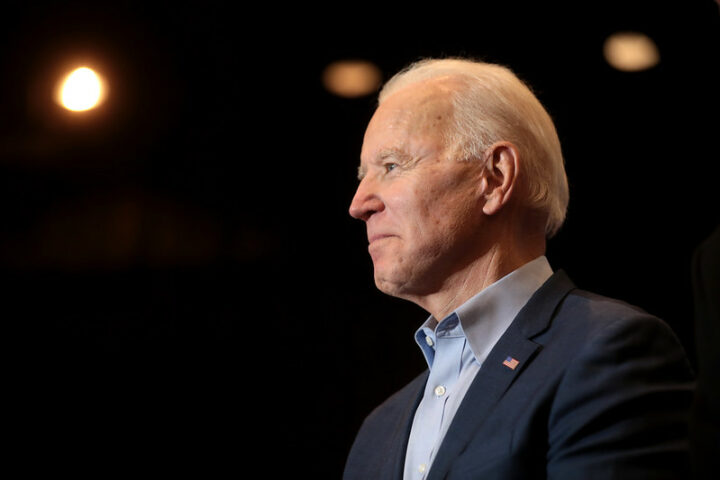A new Supreme Court decision unanimously clarified the circumstances under which public officials can block critical constituents from their personal profiles without infringing upon their constitutional protections.
Following the consideration of two opposing rulings, one involving school board members in Southern California and the other concerning the city manager of Port Huron, Mich., the justices did not reach a final decision on the disputes.
Instead, they returned both cases to lower courts to apply a new legal test.
This case represents the most recent conflict surrounding the online presence of public officials who blur the lines between their official duties and personal lives.
The 6th U.S. Circuit Court of Appeals, which handled the Michigan case, ruled in favor of the city manager, James Freed. Freed had removed comments from his Facebook page made by a resident and had also blocked several profiles belonging to the resident.
According to court filings, Kevin Lindke, a resident, expressed his dissatisfaction with Freed’s management of the COVID-19 pandemic.
In October, it appeared that the justices were leaning towards supporting the city manager during oral arguments.
Some justices expressed concerns about the potential impact of a broad rule on the speech of elected officials, who are constantly in the public eye.
Their decision doesn’t clearly favor one side over the other, but it does give Lindke another opportunity to argue that the city manager’s actions are unconstitutional.
Following the issuance of its latest ruling in the Michigan case, the justices likewise remanded the California case to a lower court.
The 9th U.S. Circuit Court of Appeals ruled that Poway, Calif., school board members Michelle O’Connor-Ratcliff and T.J. Zane infringed upon the First Amendment by blocking constituents on their Facebook pages and O’Conner-Ratcliff’s account on the X platform.
[READ MORE: Haitian Migrant Who Entered US Thanks to Biden Backed Program Charged For Raping Disabled Girl]








